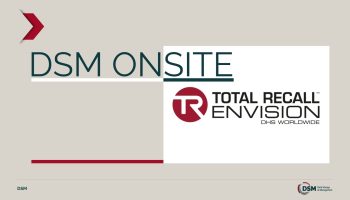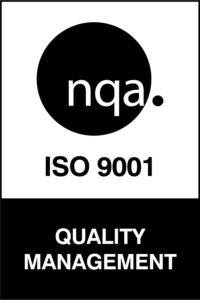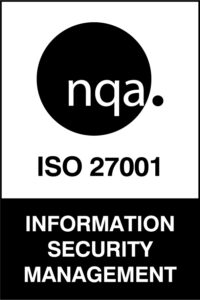In manufacturing and engineering organisations, efficiency and compliance are often seen as competing priorities. But with the right approach to records management, they can become powerful allies; helping organisations reduce risk, improve productivity, and unlock new value from their operational data.
The Compliance Burden
Manufacturers must navigate a complex web of regulatory requirements, ISO 9001, ISO 27001, GDPR, health and safety legislation, and industry-specific standards. These frameworks demand rigorous documentation, from quality control logs and maintenance records to supplier contracts and employee training files.
Yet many organisations still manage these records manually, using paper files, spreadsheets, or siloed systems. This approach introduces several risks:
- Audit Delays: Finding and retrieving records during inspections or certifications can be slow and prone to error.
- Data Inconsistency: Version control issues and fragmented storage lead to confusion and duplication.
- Security Gaps: Paper records are vulnerable to loss, damage, or unauthorised access.
- Retention Risks: Without clear policies, organisations may retain records longer than necessary or destroy them too soon.
Digitisation as a Strategic Enabler
Digitising records is not just a compliance exercise; it’s a strategic move that supports leaner, smarter operations. Benefits include:
- Streamlined Audits: Digital records can be retrieved instantly, with full traceability and version history.
- Improved Collaboration: Teams across departments or sites can access the same information in real time.
- Reduced Storage Costs: Free up valuable floor space by eliminating bulky filing cabinets and off-site storage.
- Enhanced Data Security: Digital files can be encrypted, access-controlled, and backed up—supporting GDPR and ISO 27001 compliance.
Best Practice: Integrating Records into Operational Workflows
To maximise the value of digitisation, manufacturers should integrate records management into their core workflows. This includes:
- Mapping document lifecycles from creation to retention and destruction
- Automating retention schedules based on document type and regulatory requirements
- Training staff on secure handling and access protocols
- Partnering with a trusted provider to digitise legacy records and implement secure storage solutions
At DSM, we support manufacturing clients with tailored records management strategies, combining secure off-site storage, digitisation, and defensible destruction to meet both operational and compliance goals.
Conclusion: Turning Records into a Competitive Advantage
In a sector where margins are tight and compliance is critical, effective records management can be a source of competitive advantage. By embedding best practice in data protection, document control, and digital access, manufacturers can reduce risk, improve agility, and build a stronger foundation for innovation.
If you’re a current DSM customer, now is the perfect time to explore how our scanning services can complement your existing records management strategy. And if you’re new to DSM, we’d love to show you how our services can unlock efficiency, compliance, and peace of mind.
Visit www.dsm.ie or contact us at info@dsm.ie / +353 61 332206 to learn more.













